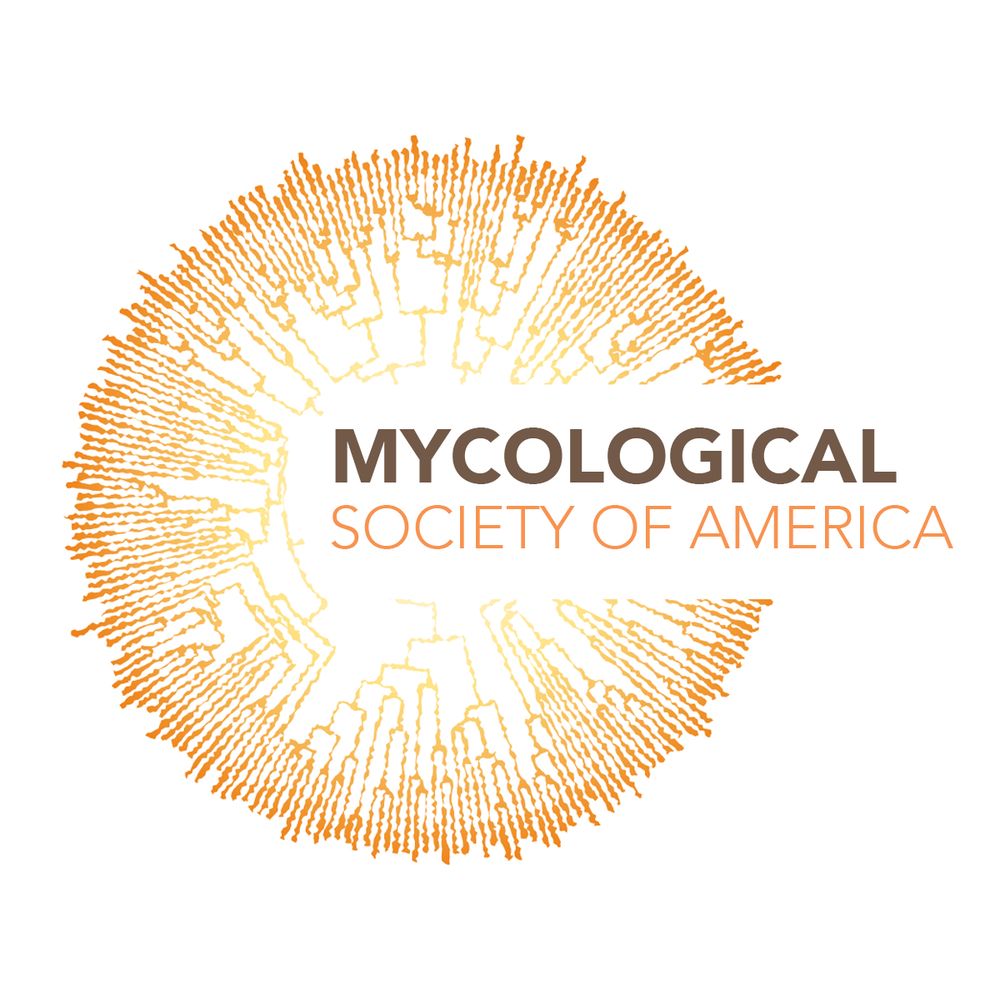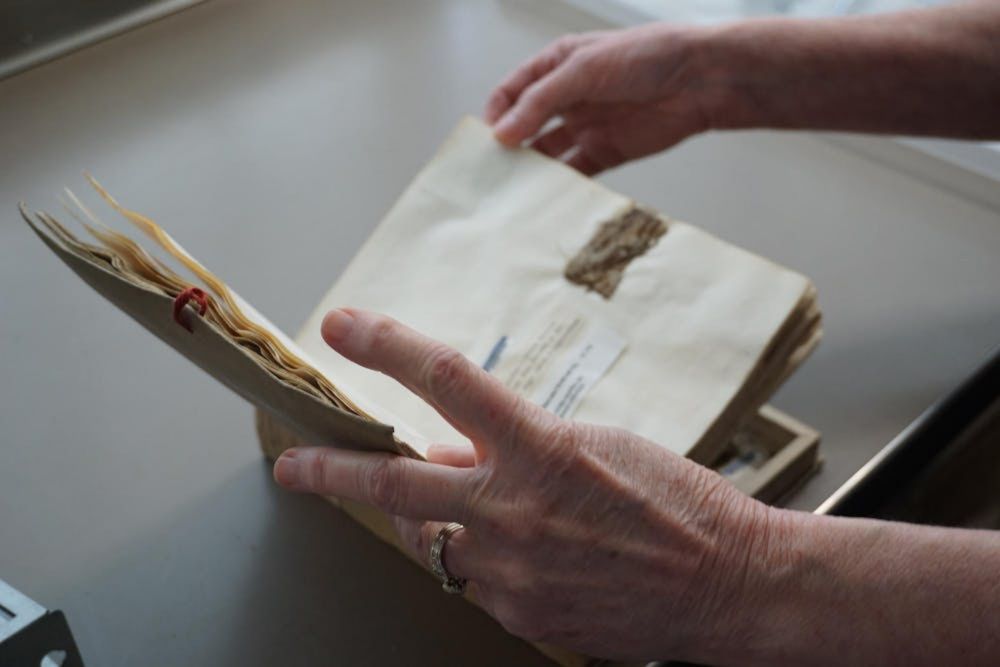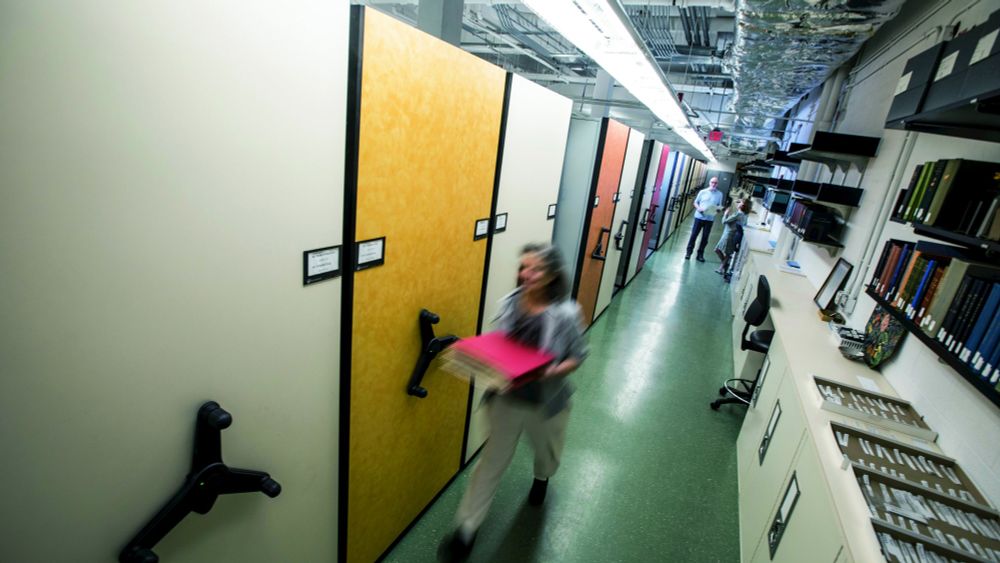
Scale that up to all museum records and that's why there isn't more available digitally.
Support museum folks. Cite the collections data.
I couldn't find it.
Scale that up to all museum records and that's why there isn't more available digitally.
Support museum folks. Cite the collections data.

New #AJB research by @sterlingherron.bsky.social, Katherine Charton, Sarah Haller Crate, Stacy Smith, et al.
doi.org/10.1002/ajb2... #botany #plantscience

New #AJB research by @sterlingherron.bsky.social, Katherine Charton, Sarah Haller Crate, Stacy Smith, et al.
doi.org/10.1002/ajb2... #botany #plantscience
www.nature.com/articles/s41...

www.nature.com/articles/s41...


donmoynihan.substack.com/p/white-chri...

donmoynihan.substack.com/p/white-chri...
Equating efficiency with importance is an incredibly shortsighted and damaging way to view universities, and we will regret letting that mindset fester.
Equating efficiency with importance is an incredibly shortsighted and damaging way to view universities, and we will regret letting that mindset fester.

the decision is "just appalling" given the "diabolical crisis regarding diversity and climate," the herbarium director said.
Hannah Seo on why this matters for all of us, scientist or not 🧪🌎

the decision is "just appalling" given the "diabolical crisis regarding diversity and climate," the herbarium director said.
Hannah Seo on why this matters for all of us, scientist or not 🧪🌎
are we actively depositing specimens in herbaria?
are we putting specimens in front of every undergrad?
are we communicating their value?
Drop in between 2–3pm EST.
For Zoom link visit: www.botany.org/calendar/dis...
Drop in between 2–3pm EST.
For Zoom link visit: www.botany.org/calendar/dis...

Read letter here: cms.botany.org/file.php?fil...
Read letter here: cms.botany.org/file.php?fil...
texastechuniversity.exposure.co/peak-botanyn...

texastechuniversity.exposure.co/peak-botanyn...
1) to make sure Duke is publicly shamed for its abandonment of basic science
1) to make sure Duke is publicly shamed for its abandonment of basic science
🧪🌾🌎 #research
🧪🌾🌎 #research


